
Zebrafish research: behavioral differences between wild-type strains
Often in animal research, animals with a certain genetic alteration are compared to a “wild-type”. One might assume that there is no differences between wild-types, but many different strains of wild-type animals are used.
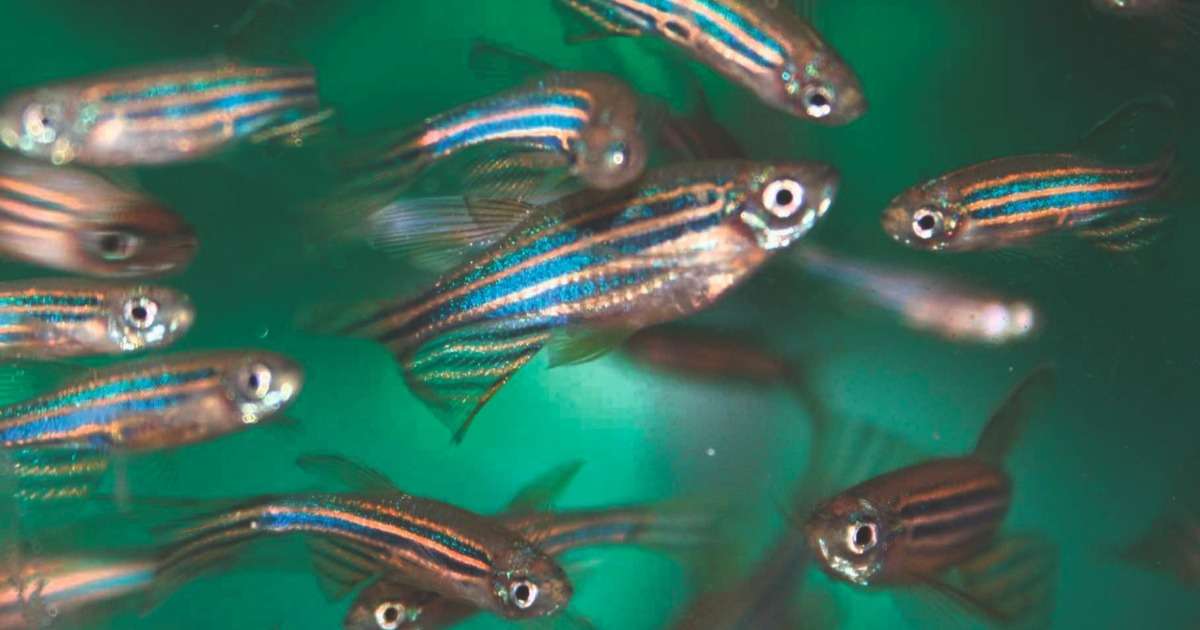
The power of zebrafish in the study on Parkinson’s Disease
Zebrafish have proven to be a good model for Parkinson’s Disease (PD) research. They express several highly conserved genes that are associated with PD.

Tracking zebrafish activity to study a key element in circadian rhythmicity
Zebrafish are a popular model of choice for many researchers, including chronobiologists. That’s because zebrafish rapidly develop their ‘inner clock’ (circadian system) – and because this system is highly light-entrainable.

Zebrafish with Parkinson's
Parkinson’s Disease (PD) is one of the main neurodegenerative diseases and many researchers are involved in investigating this disease and developing treatments
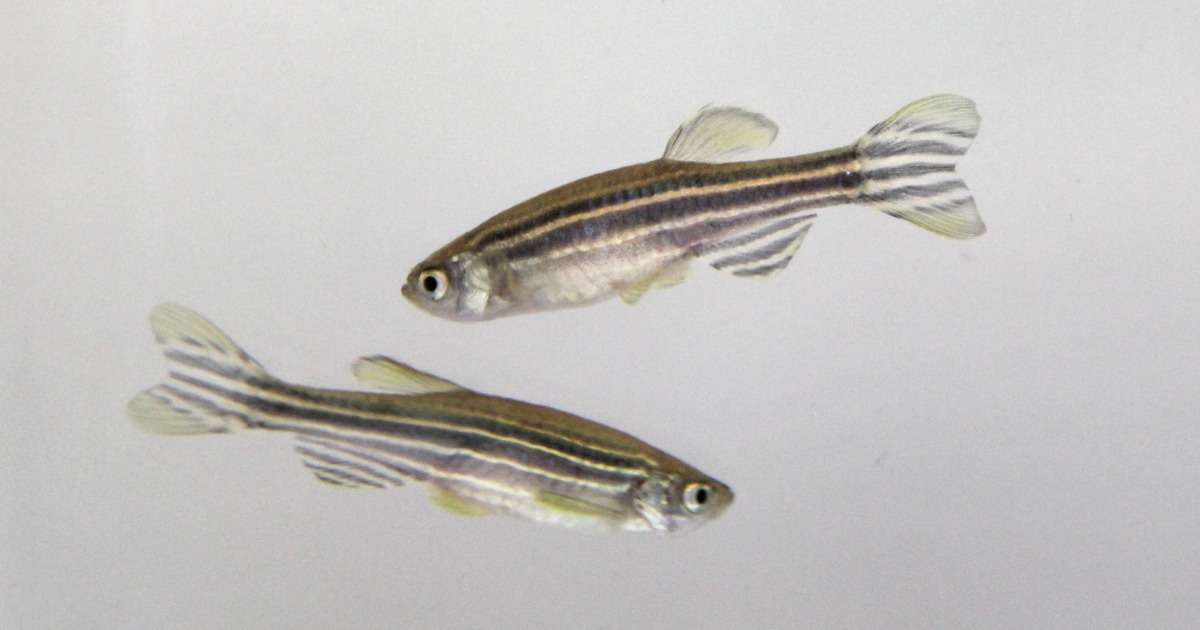
Zebrafish tracking to uncover subtle effects of embryonic alcohol exposure
Zebrafish are not the first species one might think of as being exposed to alcohol in their natural environment.
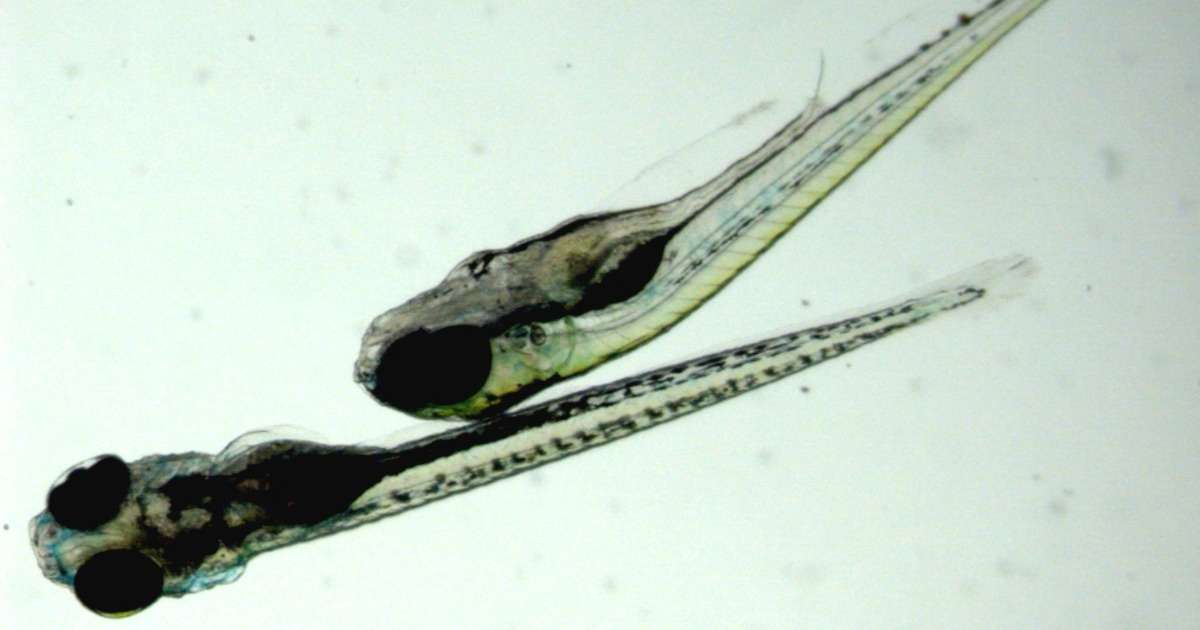
Tracking zebrafish in 3D
Recognizing the lack of hands-on education, Dr. Kalueff has started organizing zebrafish behavioral neuroscience and phenotyping workshops. The workshops ran just before and after the SfN annual meeting, October 2012.
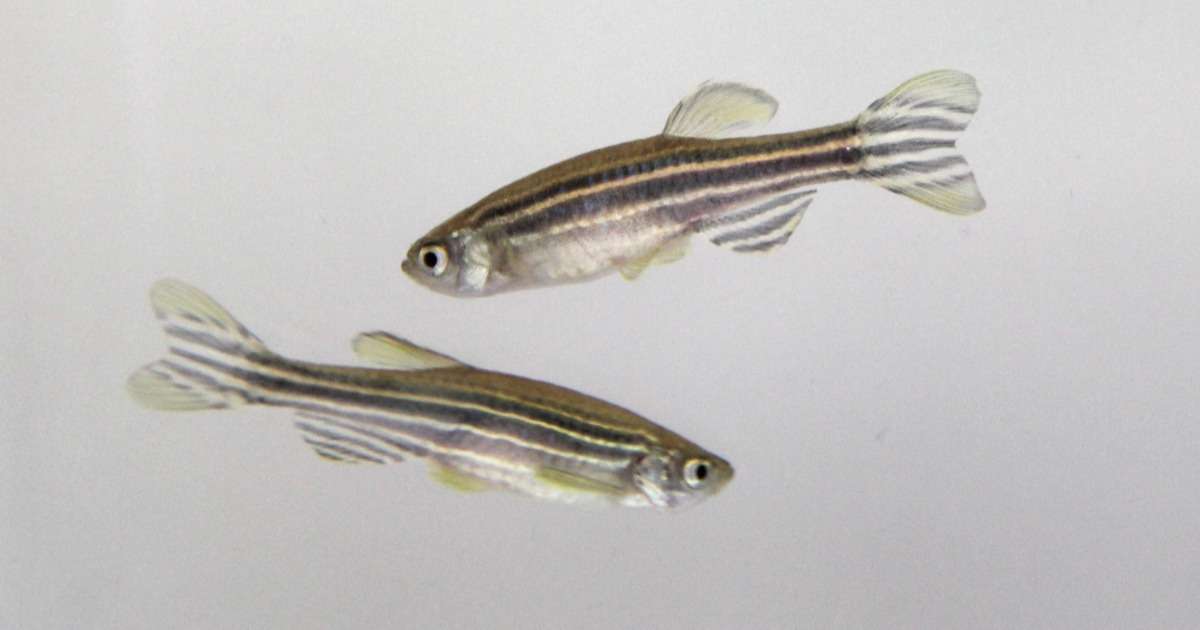
5 must-read articles on zebrafish behavioral research
I have been reading a lot about zebrafish research lately and I thought it would be nice to share some of my favorite articles with you.

Don’t dwell on it… dive into zebrafish research!
I recently wrote about other translations from rodent studies to zebrafish, such as the investigation of learning and memory and social behavior. Now it’s time to talk about anxiety and exploration.
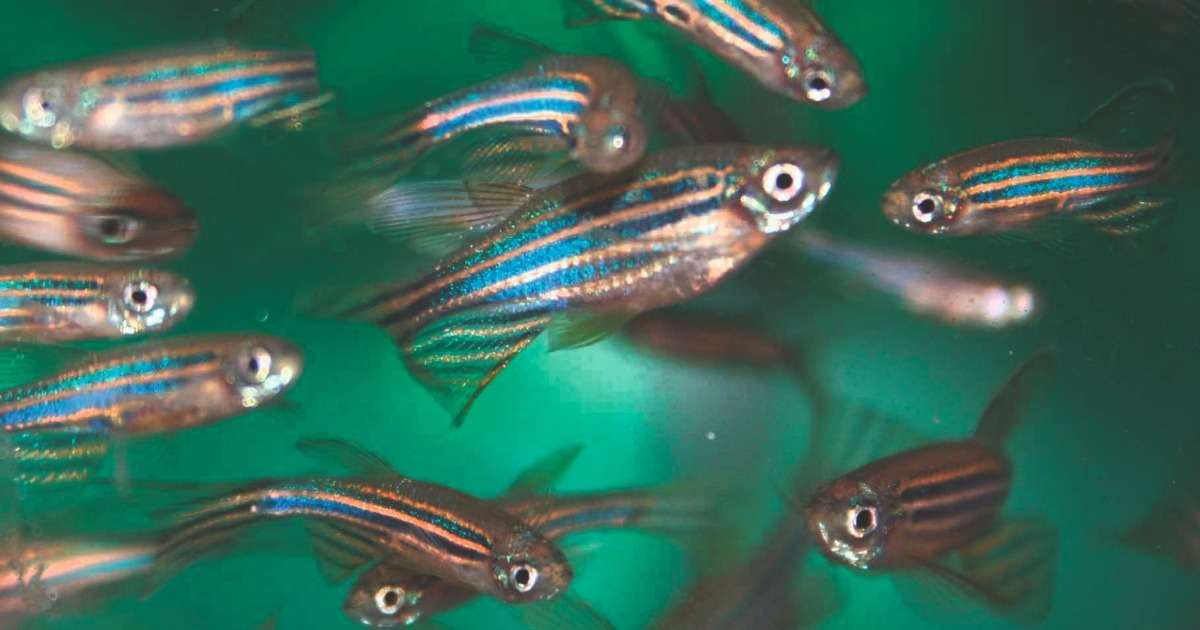
Sex preference and other social aspects of zebrafish behavior
Social behavior is a well-known topic of neuroscience research, since it is so often affected in psychiatric disorders. Think of obvious examples such as schizophrenia and autism.

What we can learn from zebrafish in a T-maze
Scrolling through our recent blogs, you can tell how important zebrafish have become in behavioral research. So we thought it was time to tell you a little more about some popular paradigms. Starting with the T-maze.
